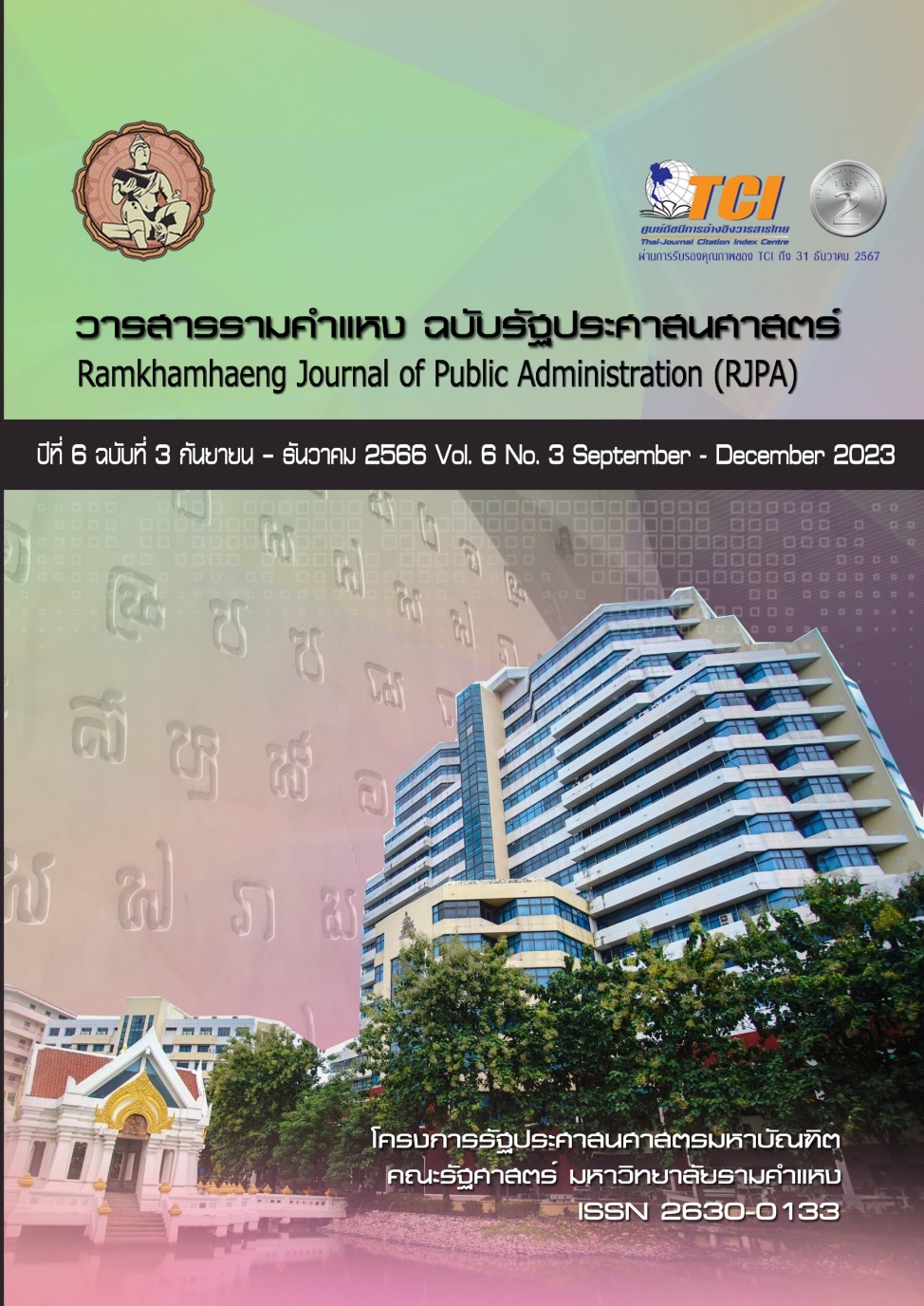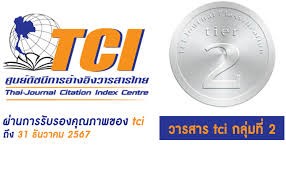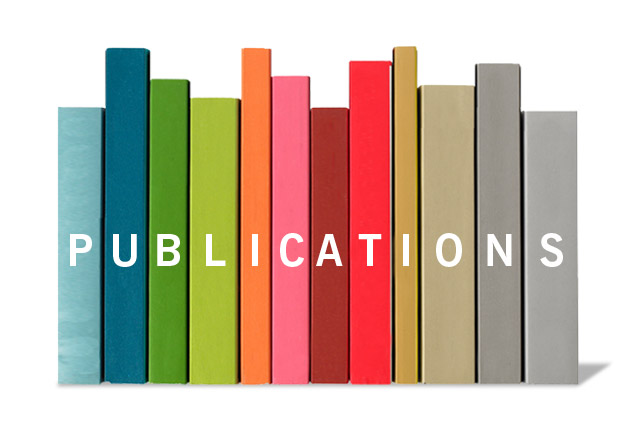กระบวนการวิจัย: นานาทัศนะสู่การเป็นนักวิจัยมืออาชีพ (Research process: Various perspectives towards becoming a professional researcher)
Abstract
บทคัดย่อ
ในบรรดาวิธีการในการแสวงหาความรู้ ความจริง ในปัจจุบันนั้น การวิจัยถือได้ว่าเป็นวิธีการที่เชื่อถือต่อความถูกต้องของคำตอบได้มากที่สุด เพราะการวิจัยอาศัยวิธีการที่เป็นวิทยาศาสตร์ อย่างไรก็ตาม ในความเป็นจริงเมื่อสืบค้นคำอธิบายของนักวิชาการต่อรายละเอียดปลีกย่อยในแต่ละขั้นตอนการวิจัยจะพบความหลากหลายของคำอธิบายตั้งแต่ต้นจนจบกระบวนการวิจัย บทความนี้จึงต้องการรวบรวมประเด็นความหลากหลายของคำอธิบายในแต่ละขั้นตอนการวิจัยเหล่านั้น เพื่อสะท้อนให้เห็นถึงชุดของคำอธิบายต่าง ๆ โดยผู้เขียนได้แบ่งกระบวนการวิจัยออกเป็น 9 ขั้นตอนและได้รวบรวมคำถามและคำตอบที่หลากหลายในแต่ละประเด็น รวมถึงได้แสดงทัศนะส่วนตนในแต่ละประเด็นนั้น ๆ ด้วย ทั้งนี้ ผู้เขียนได้เสนอแนะทางออกสำหรับผู้ทำวิจัยต่อปัญหาความหลากหลายของคำอธิบายในหลักเกณฑ์ในการวิจัยเพื่อนำไปสู่การเป็นนักวิจัยมืออาชีพ ดังนี้ (1) ควรอ้างอิงหลักเกณฑ์ต่าง ๆ จากนักวิชาการเสมอ (2) ควรเลือกอ้างอิงหลักเกณฑ์จากนักวิชาการที่มีชื่อเสียงเป็นที่รู้จัก (3) ควรอ้างอิงข้อมูลจากหลายแหล่ง และ (4) ควรพิจารณาถึงเหตุผลที่แท้จริงของการกำหนดหลักเกณฑ์นั้น ๆ และตัดสินบนพื้นฐานที่เหมาะสมกับการวิจัยของตน
Abstract
Research is generally regarded as the most dependable method for acquiring knowledge and truth, given its reliance on scientific procedures. However, a close examination of scholarly explanations pertaining to each step in the research process reveals a multitude of varying explanations. This article seeks to aggregate the various interpretations at each stage of research to portray the range of distinct explanations. The author organizes the research process into nine phases, amassing varied inquiries and responses on each matter, and provides his own viewpoints on each of these matters. Moreover, the author suggests several recommendations for researchers to reconcile the diversity in criteria for research explanations. These are (1) Researchers should consistently cite standards from reputable scholars (2) Criteria from distinguished academics should be referenced by researchers (3) Researchers should consult information from an array of sources and (4) It is crucial for researchers to contemplate the actual rationale behind establishing those criteria and form judgments that are most applicable to their research. By doing so, the author aims to illustrate how diverse perspectives and criteria within the research process can be synthesized and navigated effectively to uphold the reliability and validity of research outcomes.




 Publication Policy (นโยบายการตีพิมพ์บทความ)
Publication Policy (นโยบายการตีพิมพ์บทความ) Publication Ethics (จริยธรรมการตีพิมพ์บทความ)
Publication Ethics (จริยธรรมการตีพิมพ์บทความ)